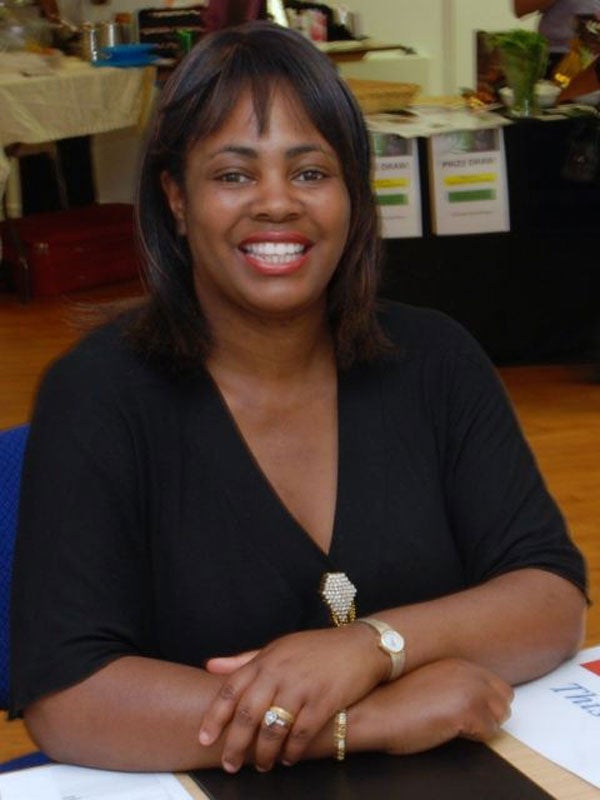Wealth Check: 'Can I rely on property as my nest egg?'

Your support helps us to tell the story
From reproductive rights to climate change to Big Tech, The Independent is on the ground when the story is developing. Whether it's investigating the financials of Elon Musk's pro-Trump PAC or producing our latest documentary, 'The A Word', which shines a light on the American women fighting for reproductive rights, we know how important it is to parse out the facts from the messaging.
At such a critical moment in US history, we need reporters on the ground. Your donation allows us to keep sending journalists to speak to both sides of the story.
The Independent is trusted by Americans across the entire political spectrum. And unlike many other quality news outlets, we choose not to lock Americans out of our reporting and analysis with paywalls. We believe quality journalism should be available to everyone, paid for by those who can afford it.
Your support makes all the difference.Sharon McLean, 38, is a self-employed business adviser from Coulsdon, south London. She and her husband, Noel, a church pastor, have four children – Alex, 13, Sophia, 10 and Sarah and Sarai, both four.
Sharon's work centres around her church, the Yahweh Christian Fellowship in Tooting. She has a mortgage, but hopes to generate income by buying a second property that could be used as a community holistic wellbeing centre. She says: "I don't have a pension because I have heard so many bad stories in the past, but would be interested to know if property could be an alternative to preparing for retirement."
Case notes
Salary: £35,000 to £40,000 (joint with her husband)
Savings: £2,000 in deposit accounts, £1,000 in an ISA
Monthly outgoings: £2,050
Debts: none
Giving advice this week are Danny Cox from Hargreaves Lansdown, David Brunning from Brunning Newman Houghton and Tony Byrne from Wealth and Tax Management...
Property
Sharon's idea of creating a holistic wellbeing centre is enterprising, but may not be the best way to generate retirement money, according to Cox. "It is a common misconception that property is a better solution to retirement planning than a pension," he says. "In a limited number of circumstances it may provide part of a solution but is unlikely to be the whole solution. Investing in property is usually one of the least tax-efficient ways to invest."
Pension
Sharon should give pensions a second chance, according to Byrne. Pensions are much less of a gamble than property investment and the most tax-efficient way to save for retirement. "Sharon needs to get rid of her prejudices about pensions because they are badly misplaced," says Byrne.
Sharon wants to save up £20,000 for a loft conversion in her house, but Byrne suggests investing that money in a pension scheme, which could provide a retirement fund of £320,000 by the age of 70. He says: "This would give her a tax-free cash lump sum of £80,000, leaving £240,000 to give her a pension of, say, £12,000 per annum.
He adds: "Sharon should also obtain a state pension forecast from the Department of Work And Pensions. It is inevitable that the value of state pensions will be significantly eroded in the future."
Will
Seventy per cent of the population miss out on making a will. Brunning says: "Family income benefit life assurance could provide the guardians with £15,000 tax-free annual income until Sarah and Sarai were aged 21 for less than £10 per month."
For a free financial check-up, write to Wealth Check, The Independent, 2 Derry Street, London W8 5HF; or email wealthcheck@independent.co.uk
Join our commenting forum
Join thought-provoking conversations, follow other Independent readers and see their replies
Comments